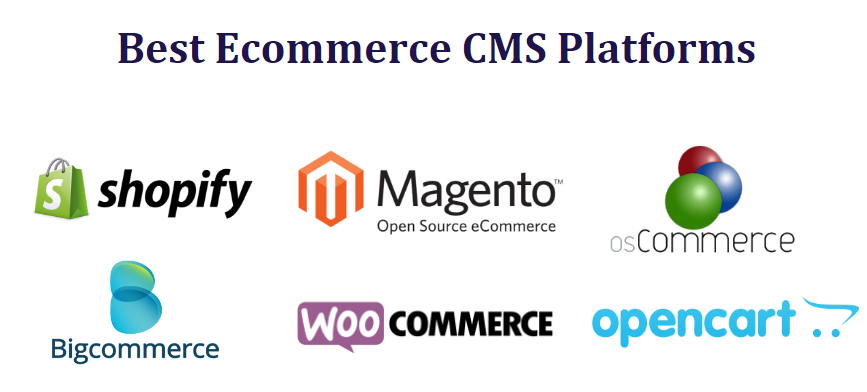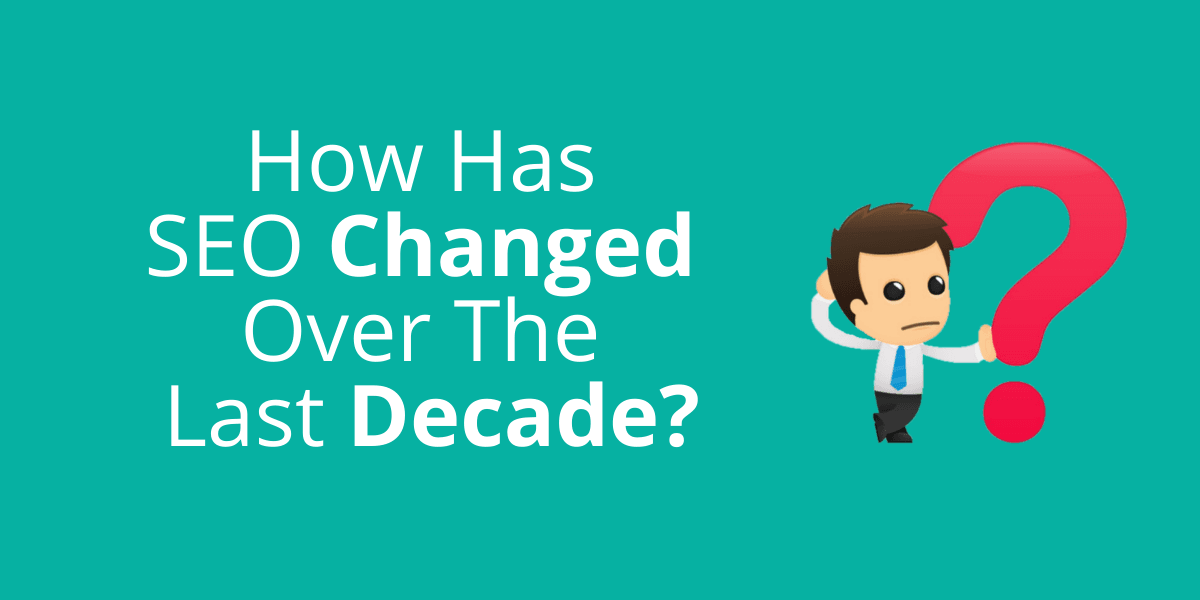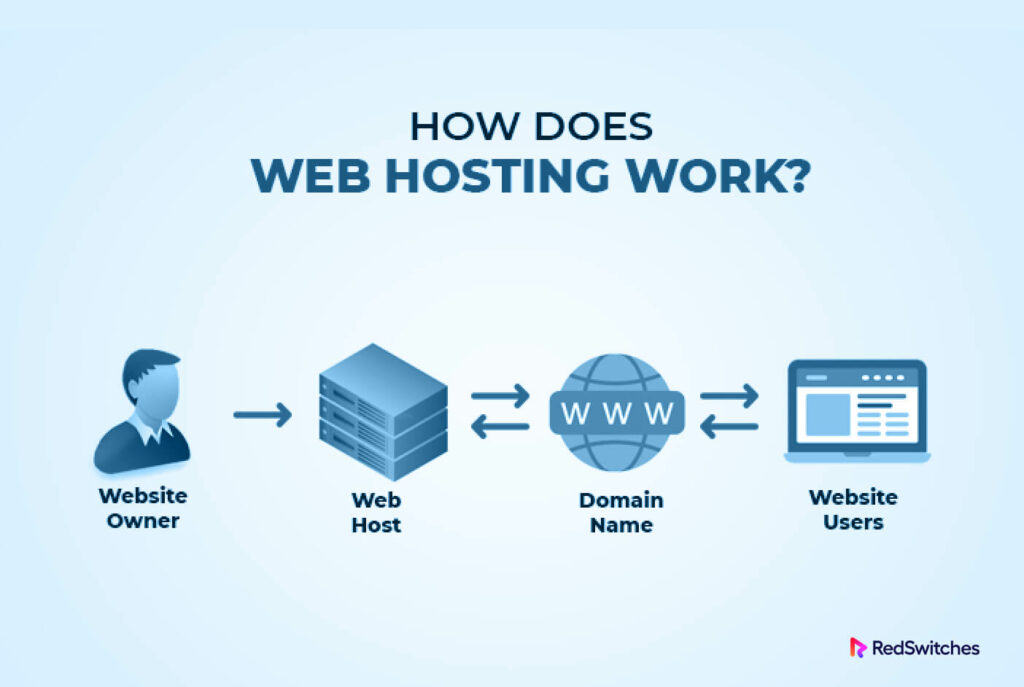In the realm of e-commerce, selecting the right platform is crucial for the success of your online business. Among the myriad of options available, three prominent names stand out: WooCommerce, Shopify, and Magento. Each platform offers its own set of features, advantages, and limitations tailored to meet the diverse needs of online merchants. Understanding the differences between these platforms can help you make an informed decision that aligns with your business goals and requirements.
1. WooCommerce:
WooCommerce is an open-source e-commerce plugin designed for WordPress, one of the most popular content management systems (CMS) globally. It seamlessly integrates with WordPress websites, enabling users to transform their sites into fully-functional online stores. Here are some key features and characteristics of WooCommerce:
Flexibility and Customization: One of WooCommerce’s standout features is its flexibility and customization options. Since it operates as a WordPress plugin, users have access to a vast ecosystem of themes and plugins, allowing them to tailor their online stores to suit their unique preferences and branding.
Scalability: While WooCommerce is suitable for businesses of all sizes, it particularly shines for small to medium-sized enterprises looking for a cost-effective yet robust e-commerce solution. However, larger enterprises may find it lacking in certain advanced features compared to dedicated e-commerce platforms like Shopify Plus or Magento Enterprise.
Cost: WooCommerce itself is free to use, but users may incur expenses for web hosting, domain registration, premium themes, and extensions. Despite potential additional costs, WooCommerce is generally more budget-friendly compared to other platforms, making it an attractive option for startups and small businesses.
Community Support: As an open-source platform, WooCommerce benefits from a vibrant community of developers and users who contribute to its ongoing development and provide support through forums, documentation, and online resources.
2. Shopify:
Shopify is a hosted e-commerce platform renowned for its user-friendly interface, comprehensive features, and scalability. It enables users to set up and manage online stores without the need for technical expertise. Let’s delve into some key aspects of Shopify:
Ease of Use: Shopify is renowned for its intuitive interface and user-friendly approach, making it accessible even to those without technical backgrounds. Its drag-and-drop interface simplifies store setup, product management, and order processing, allowing merchants to focus on growing their businesses.
All-in-One Solution: Unlike WooCommerce, which requires users to arrange their own hosting and domain, Shopify provides a complete package, including hosting, security, and domain registration. This all-in-one approach streamlines the setup process and eliminates the need for users to manage multiple service providers.
Scalability: Shopify caters to businesses of all sizes, from small startups to large enterprises. Its scalable infrastructure ensures that as your business grows, Shopify can accommodate increased traffic, transactions, and sales volume without compromising performance.
App Ecosystem: Similar to WooCommerce’s plugin ecosystem, Shopify offers a wide range of apps and integrations through its App Store. These apps extend the platform’s functionality, allowing users to add features such as marketing tools, customer support, and analytics to their stores.
3. Magento:
Magento is an open-source e-commerce platform known for its robustness, scalability, and extensive customization options. It is highly favored by large enterprises and businesses with complex requirements. Here’s a closer look at Magento’s key attributes:
Customization and Flexibility: Magento offers unparalleled customization capabilities, allowing users to create highly tailored and unique online stores. Its modular architecture and extensive set of APIs enable developers to extend and modify the platform’s functionality to meet specific business needs.
Scalability: Magento excels in handling large product catalogs, high traffic volumes, and complex e-commerce operations. It is designed to scale effortlessly, making it suitable for enterprises with ambitious growth objectives.
Community and Enterprise Editions: Magento offers both a free Community Edition and a paid Enterprise Edition, catering to businesses of different sizes and budgets. The Enterprise Edition provides additional features, support, and services tailored to the needs of larger enterprises.
Learning Curve: While Magento offers unmatched flexibility and power, its complexity can present a steep learning curve for users, especially those with limited technical expertise. As such, Magento is best suited for businesses with dedicated development teams or resources to manage and optimize the platform effectively.
Conclusion:
In summary, WooCommerce, Shopify, and Magento each offer distinct advantages and cater to different segments of the e-commerce market. WooCommerce appeals to WordPress users seeking a flexible and cost-effective solution, while Shopify provides a user-friendly, all-in-one platform suitable for businesses of all sizes. On the other hand, Magento is favored by enterprises requiring advanced customization, scalability, and robustness. Ultimately, the choice between these platforms depends on your specific requirements, budget, technical expertise, and growth aspirations. By carefully evaluating the features and characteristics of each platform, you can select the one that best aligns with your e-commerce objectives and positions your business for success in the digital marketplace.





